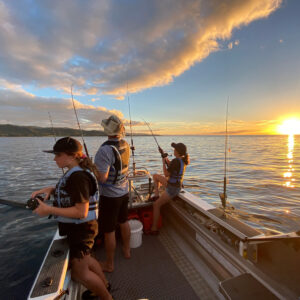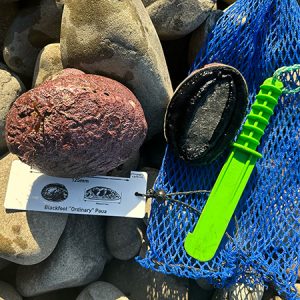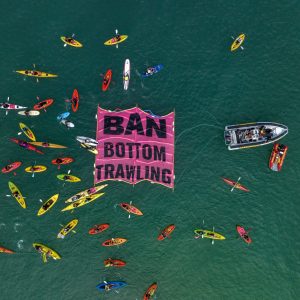Crayfish on the northeast coast is just one of a litany of fish stocks well below what ordinary Kiwis would consider abundant and available. This dissatisfaction was evidenced during LegaSea’s recent Crayfish Crisis campaign when so many divers, fishers, and the New Zealand Underwater Association stood up and had their say. LegaSea was grateful for this support. Together we achieved success in getting the Minister of Fisheries to make more conservative management decisions for some stocks.

However, Stuart Nash needs to realise that the time is coming when more New Zealanders will join the chorus in saying ‘enough’ to managing our coastal fisheries at such low levels. Our fisheries and marine environment are national assets that we are obliged to safeguard for future generations.
When the quota management system was introduced in 1986 Kiwis were promised sustainability. The public accepted the rhetoric that New Zealand’s fisheries would be rebuilt and better managed after decades of open slather. That commercial fishers would be better stewards of our fisheries because they had a long-term interest in sustaining the stocks. And, that quota could not be monopolised. What eventuated was quite different.
It didn’t take long for investors to move in because it was easy, and quota ownership was not tied to a vessel. Over time, the hard working fishermen and women on the water have become enslaved to
quota owners’ demands as catching rights have fallen into fewer hands.
Nowadays, fishing is by necessity a lowest-cost, maximum-return operation. Any profits are captured by the quota owner and the skipper runs a lean operation. This leaves little money to spend on spreading catch effort to avoid vulnerable species and nursery areas, maintaining vessels or attracting quality crew.
So what have we learnt?
As divers we have seen through our own goggles that a quota management system on its own does not limit fishing pressure to anything close to ecologically sustainable levels. Crayfish has proven this.
If we want to restore abundance and marine diversity we need to be bold enough to get stuck in now. We need our fisheries managers to commit adequate resources to delivering hands-on management, encouraging innovation, and implementing environmental standards that must be met by all users of our coastal waters.
LegaSea is urging people to get on board. Subscribe and standby for more info on how you can help rescue our fisheries for future generations.





